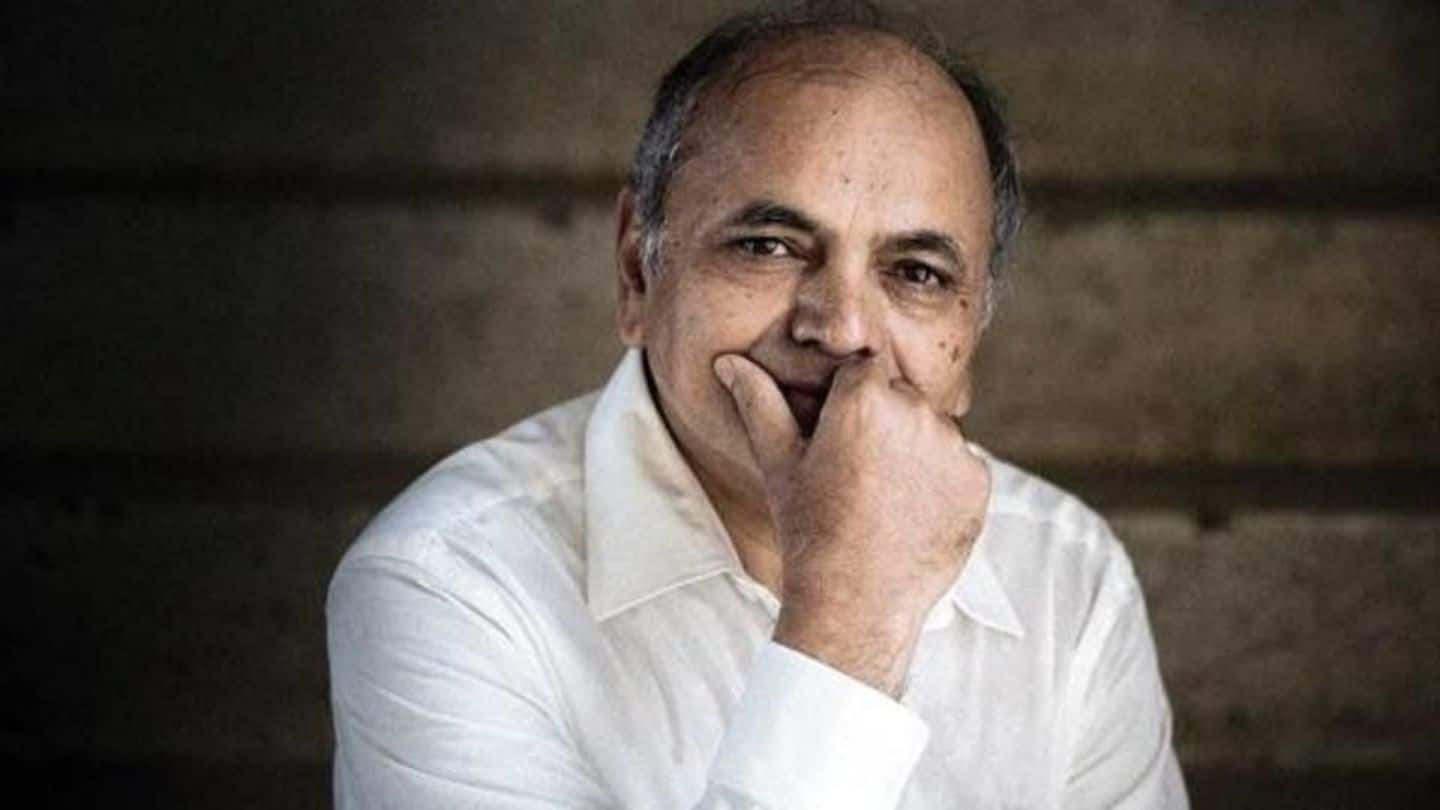
The man who discovered India's 780 languages
What's the story
In 2010, 3,500 volunteers set out on a journey to document India's languages. Over the next two years, they travelled across the country and recorded their observations. By the end, they faced an alarming discovery: over half of India's 1,652 languages had died out in 50 years. But Ganesh Devy, the man behind the survey, hasn't lost hope yet. Here's more about him.
Beginning
How an experiment led Devy to his calling
For 16 years, Devy taught English at Baroda University. Then he relocated to a village to help tribespeople. During 1997-98, he published journals in tribal languages. Once he went to a poor village and sold them at Rs. 10 each. 700 copies were sold. The catch? Those villagers were illiterate. They were teary-eyed "when they saw their language in print for the first time".
Survey
Over 10 years later, the PLSI was born
That incident gave Devy an idea about the power of language. He decided to document India's languages in an attempt to preserve them. Slowly, he built a 3,500-member volunteer network consisting scholars, activists, drivers and nomads. Finally in 2010, the People's Linguistic Survey of India (PLSI) was born. For the next two years, everyone undertook journeys to the remotest locations and recorded their observations.
Deaths
More than half the languages had died in 50 years
Disappointingly, the PLSI found that the number of languages had decreased from 1,652 (1961) to 780 (2011). Ninety-seven are endangered, 42 critically. Many minority languages had no script, and thus received no focus in administration. While migrating, tribespeople also left behind their languages and adopted one prevalent in their new homeland. Schools are also increasingly focusing on global languages instead of vernaculars.
Significance
But why must we preserve languages?
"Every language is a unique world view," Devy says. When it dies, it takes with it a culture, fables, even music. Languages are also about political power: "Scheduled languages are linguistic citizens of this country but non-scheduled languages are linguistic non-citizens." In disturbed areas like Maoist-hit Chhattisgarh, communication gap between local tribals and Hindi-speaking forces often leads to loss of lives.
Facts
The PLSI made interesting discoveries, nonetheless
The PLSI made some interesting discoveries though: several languages in Himachal Pradesh have over 200 words for snow, and many in Rajasthan have several for barren. Some nomads spoke a "secret" language to avoid stigma attached to their communities. In many Maharashtrian villages, people spoke "outdated" Portuguese. Some in Gujarat spoke Japanese. In fact, Indians claimed about 125 foreign languages as their mother tongue!
Future
'Our languages are essential to keep democracy alive'
Till now, PLSI has published 39 of a planned 100 books on its findings; 26 were published in August'17. To keep our democracy alive, we have to keep our languages alive, says Devy. However, he is anxious about what he calls BJP's efforts to impose Hindi across India a "direct attack on our linguistic plurality". But the hopeful Devy remains optimistic and determined.